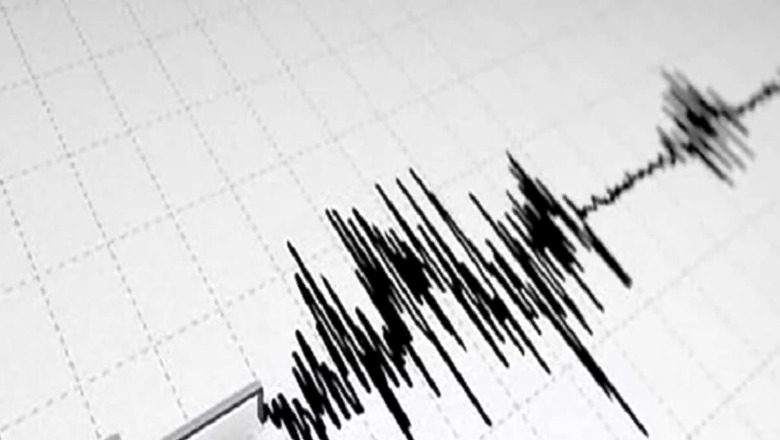Delhi-NCR Earthquake After Dutch Scientist Made Prediction for Pakistan and Everyone is Freaking Out

views
Strong tremors were felt in and across Delhi-NCR after an earthquake measuring 6.2 magnitude hit Nepal on Tuesday afternoon. Many other parts of North India also felt the tremors. Many people took to social media and shared scary images and videos as panic struck. This comes just a few days after Dutch scientist Frank Hoogerbeets issued a strong warning about a massive earthquake which is likely to hit Pakistan’s Balochistan in next 48 hours. Even though everyone on social media seems to be freaking out, the real question is can earthquakes be predicted?
This came out true', tremors felt in Delhi just now. #earthquake https://t.co/JpnQ5mONwY— ηᎥ†Ꭵղ (@nkk_123) October 3, 2023
Frank has a history of accurately predicting earthquakes. He also predicted a massive quake in Turkey in February just days before it struck and claimed thousands of lives.
Also Read: Vivek Ramaswamy is Offering Rs 80 Lakh for Nanny and Job Description Will Make You Resign
After his prediction went viral, he responded to the earthquake, saying, “As I stated earlier, sooner or later this would happen in this region, similar to the years 115 and 526. These earthquakes are always preceded by critical planetary geometry, as we had on 4-5 Feb.”
According to the USGS, earthquake predictions are not supported by scientific evidence. This is because earthquakes are a natural phenomenon. The predictions are often generalised. If an earthquake occurs that somewhat matches someone’s prognosis, they claim success despite the fact that one or more of their predicted elements differed dramatically from what actually transpired, making it a failed prediction, the body states.
Predictions typically begin to circulate on social media when anything occurs that is believed to be a harbinger to an imminent earthquake. According to reports, the so-called precursor is typically a swarm of minor earthquakes, rising radon levels in surrounding water, increasing magnitudes in moderate-sized events, or a moderate-magnitude event that occurs infrequently enough to imply it may be a foreshock.
Also Read: Delhi-NCR Earthquake: Residents Share Scary Videos of Surroundings As Tremors Rock Capital
Unfortunately, the majority of such precursors frequently occur without being followed by an earthquake, therefore it is impossible to make an accurate prognosis. If there is a scientific basis, a probabilistic forecast may be made instead.


















Comments
0 comment